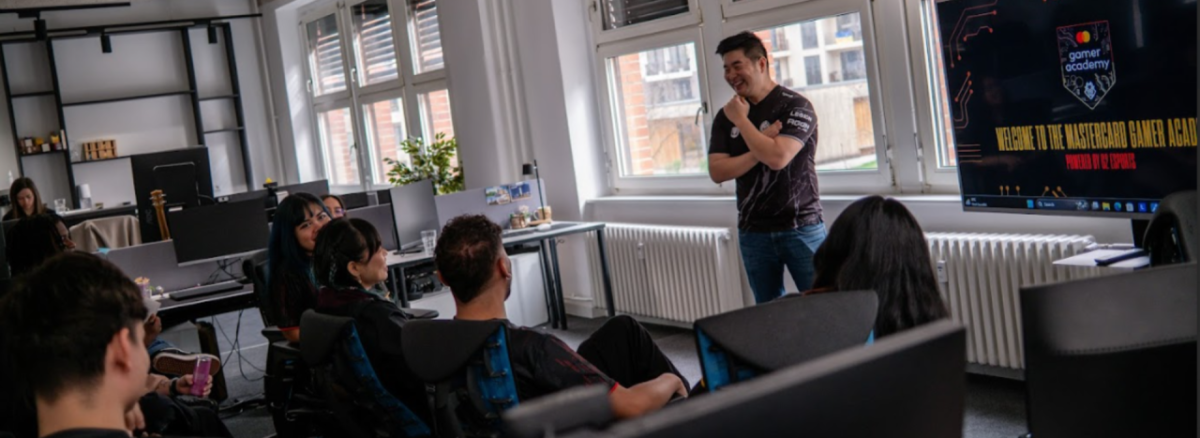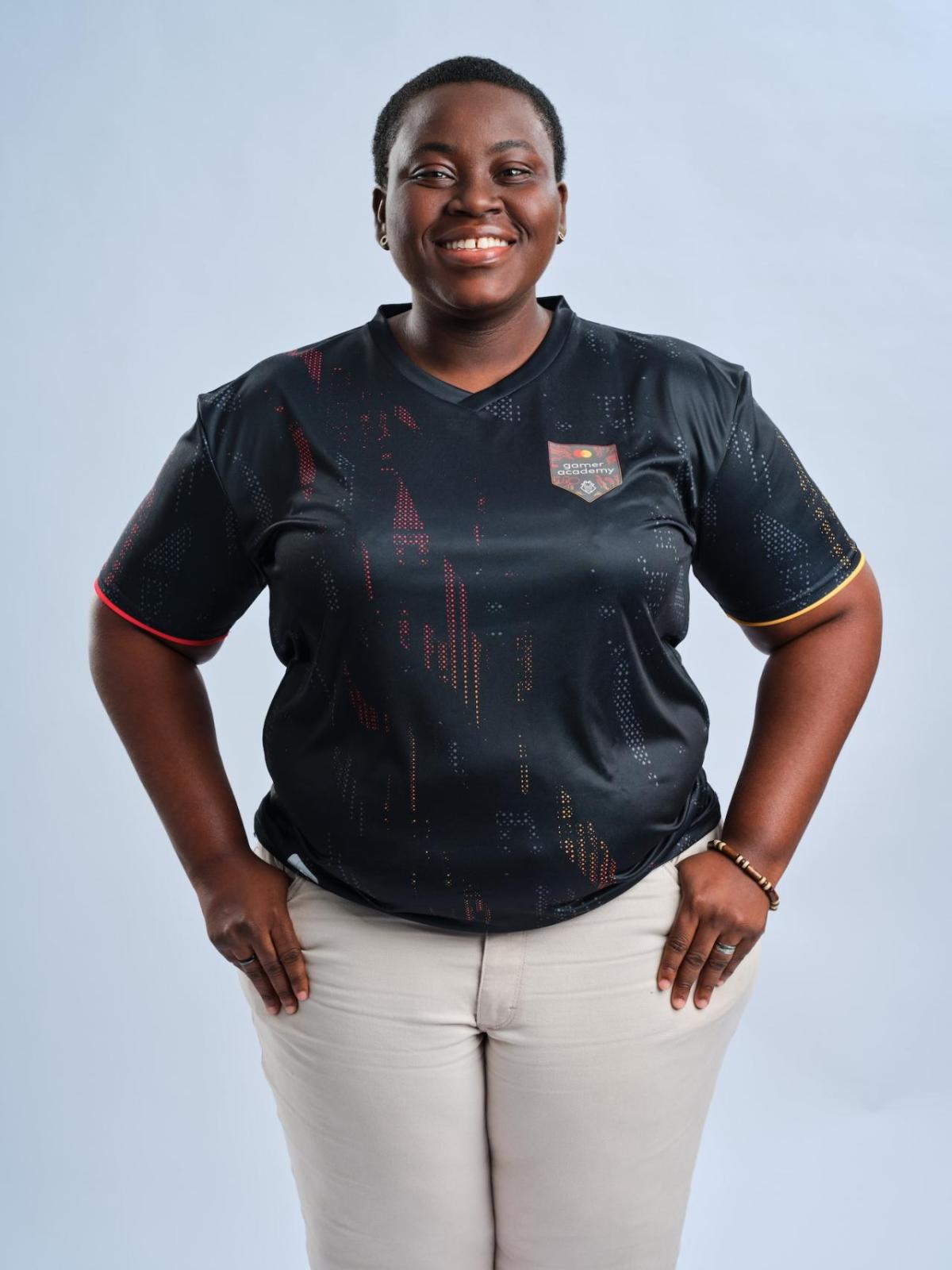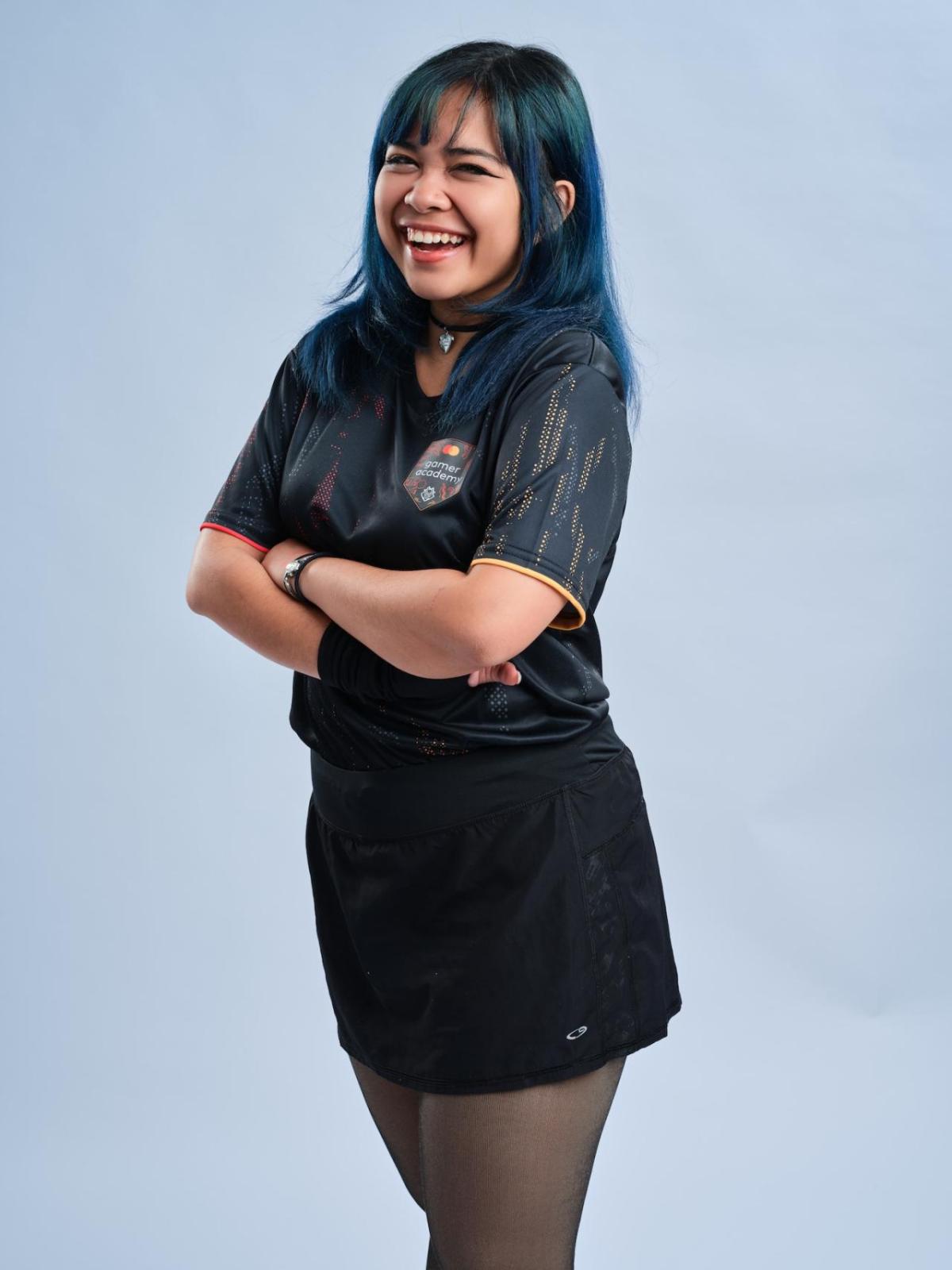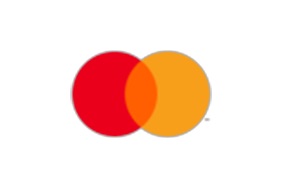Mastercard: Lights, Camera, Stream and How Women Are Taking the Mainstage in Esports
By Caroline Morris
Published 09-04-24
Submitted by Mastercard

When Doreen Dabi-Diamond, aka Dabi, walked into her first professional gaming competition and realized she was the only woman there, she was not fazed in the least. Having spent her life in Ghana as the one girl on the basketball court and in engineering classes, she was used to lone-female status.
Dabi was also used to proving the male doubters wrong. She did it again at the Volta FIFA Tournament, where she beat out many of the top players — a performance impressive enough to catch the attention of the president of Ghana’s Esports Association, who got her involved in the organization.
Recruiting Dabi was a wise move. Esports is a rapidly growing field, valued at more than $1 billion, with a global audience of 532 million. Even though nearly half of all gamers (as well as esports fans) are female, the vast majority of professional gamers are men. If the industry wants to grow, that needs to change.
“More representation at the upper echelons creates role models to inspire young women,” says Mastercard’s Raja Rajamannar, who launched the Mastercard Gamer Academy last year, “and could help reduce the gender bias that has historically plagued the larger gaming community, fostering a more inclusive environment for everyone.”
This first-of-its-kind program gives 10 gamers from around the world — seven of whom are women — access to high-profile esports events, esports professionals, and training and workshops to help them develop careers in gaming.

Through its partnerships with G2 and Riot Games, Mastercard Gamer Academy students, including Dabi, spend three semesters learning about different gaming career paths, as well as traveling to competitions and esports facilities around the world, like Valorant Champions Seoul, underway now, reportedly with record viewership, and the G2 Facility in Berlin, to see the industry in action, be it via playing, producing or broadcasting.
Dabi was accepted to the academy earlier this year. There she joined Meg Cabras, a Floridian originally from the Philippines who dreams of being a CEO at an esports company. While both are lifelong gamers with proven track records, they both hesitated to apply.
“I wasn’t sure if I was good enough,” Cabras says. “They only took 10 people around the globe. But I knew I would kick myself if I didn’t try. When I got the acceptance email, I just started crying.”
For Dabi, the hesitation stemmed from grief. Her younger sister had recently died from a sudden illness. When Dabi tried to record her application video, her face was so swollen with tears she couldn’t send it. But eventually, with encouragement from her partner, she applied. When she got accepted, she says, “I knew my kid sister was watching over me, because she knows how passionate I am about esports.”
At the academy’s first in-person session, Dabi and Cabras became fast friends with each other and with the other five women in the program, finding a kinship that’s powerful in this male-dominated world. But Dabi and Cabras have also found strong female communities playing Valorant, a game whose championship they will attend with the academy this month.
“The more you let people feel seen, the more love and loyalty they’re going to give the game.”
Meg Cabras

Part of what draws women to Valorant is leaders like Anna Donlon. As senior vice president and head of Valorant Studios, as well as a key Valorant producer, Donlon sets the tone for the entire franchise. She takes an active role in seeing that women in the community feel welcome and safe.
“Half of gamers are women, and esports is global, reaching every corner of the world. So esports should reflect that player base,” Cabras says. “The more you let people feel seen, the more love and loyalty they’re going to give the game.”
Armed with their newfound cohort and what they’ve learned at the academy, both women are now formulating their future career paths. Cabras — who runs her own clothing business while also working in marketing for NASCAR — has taken advantage of the sessions to talk to CEOs at G2 and Riot Games about how she can follow in their footsteps.
Dabi, meanwhile, is emerging as an avid ambassador for esports in Ghana. In addition to serving as secretary general of the Esports Association of Ghana, she’s launching a talent and events management company to create more tournament opportunities for women there.
“I realized that this is my mission: to grab all the knowledge that I’ve gained from the academy and use it to make our esports industry ecosystem in Ghana better,” she says.
Now, as the academy students prepare for a trip to Seoul for the 2024 Valorant Champions tournament and another for League of Legends World Championship in London this autumn, the women are brimming with confidence.
“Trust me, in this academy, all ten of us are amazing people who are going to go on to do great things,” Dabi says. “You need to watch out for us. Because we are going to make you all proud.”
Originally published by Mastercard

Mastercard
Mastercard
About Mastercard
Mastercard is a global technology company in the payments industry. Our mission is to connect and power an inclusive, digital economy that benefits everyone, everywhere by making transactions safe, simple, smart and accessible. Using secure data and networks, partnerships and passion, our innovations and solutions help individuals, financial institutions, governments and businesses realize their greatest potential. With connections across more than 210 countries and territories, we are building a sustainable world that unlocks priceless possibilities for all.
More from Mastercard

